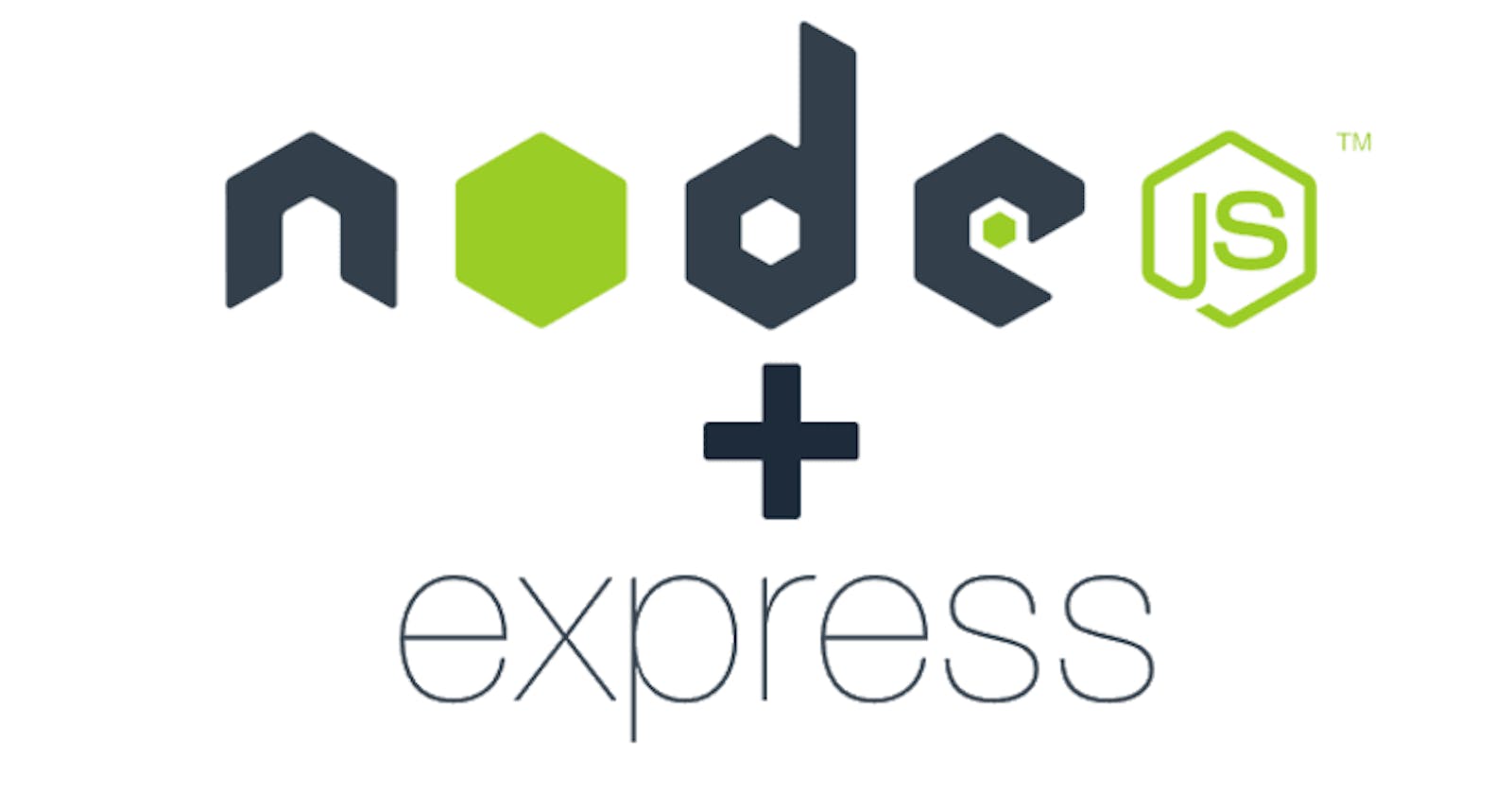Table of contents
After installing Node.js..
npm init // entry point: server.js- npm : Use to install libraries
- npm init : Make package.json
- package.json : Automatically records which libraries are used
What is Express?
- Express is the most used Node.js server framework
$ npm install express- add below code in app.js / router / any other js file that requies express
var express = require("express"); // or import express from "express";
Express Routing
Routing refers to determining how an application responds to a client request to a particular endpoint, which is a URI (or path) and a specific HTTP request method (GET, POST, and so on).
Structure : app.METHOD(PATH, HANDLER)
- app is an instance of express.
- METHOD is an HTTP request method, in lowercase.
- PATH is a path on the server.
- HANDLER is the function executed when the route is matched.
// Example
import express from "express";
const app = express();
const port = 3000;
app.get("/", (req, res) => {
res.send("Hello World!");
});
app.listen(port, () => {
console.log(`App is running on http://localhost:${port}`);
});
Static files in Express
- Use
express.staticmiddleware function in Express to serve static files such as images, CSS files, and JavaScript files. express.static(root, [options])// Example app.use("/static", express.static(__dirname + "/public"));- "/static" : Create virtual path prefix (where path does not exist in the file system) for files that are served by the express.
- __dirname : It is safer to use absolute path if you run the express app from another directory
Reference :
-kyun2da.github.io
-expressjs.com
